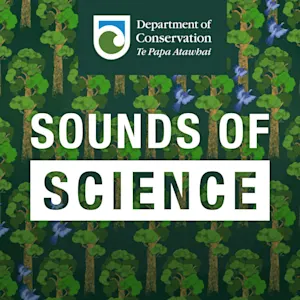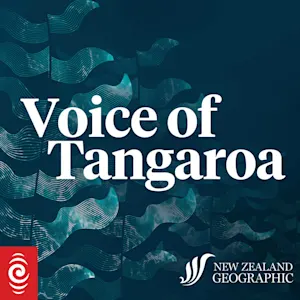In news that shouldn't shock you, research has found that festivals that have drug-checking resources are a lot safer than festivals without.
Professor Fiona Mesham and scientist Henry Simmons researched the issue back in 2018 but only just completed and released their findings.
They studied 7 festivals with drug-checking services that year and found some interesting stuff.
Of the 250,000 festival-goers that could have used the drug-checking stations, only 3% used them - which is around 7,500 people.
61.7% of people chucked the drugs (or at least said they would) once they found out it was a different drug to what they thought they had, with a further 15.6% saying they would lower their dose.
If the drug did match what the person thought they had, 50% of people said they would reduce the amount they're taking, "with younger and female service users significantly more likely to reduce dosage."
The average age of those who got their drugs checked was 22.3; 66% of those who got their drugs checked were male; most people who got their drugs tested had used drugs previously in the past month AND over their lives.
There were no drug-related deaths in the seven festivals they studied over the study period.
In 2018 there were more festivals in the UK with drug-checking services than in 2017. Perhaps uncoincidentally, Red Cross reported that drug-related medical incidents at festivals fell from 2017 - 2018. In 2017 1 in 1,225 festival attendees had to receive medical attention due to drug use, while in 2018 the number fell to 1 in 1,389.
So, drug-checking stations meant that a lot of people avoided taking an unknown substance, more people took lower doses of their drug, younger people were more likely to get their stuff tested, and there were fewer drug-related injuries and NO drug-related deaths at the festivals.
Know Your Stuff NZ, a drug-checking advocate here in NZ had this to say in a blog post they made about the study and its findings, which is pretty bang on.
"Gee, it's almost like if you give people accurate, honest information instead of treating them like children they make safer decisions about the way they take drugs."






































































